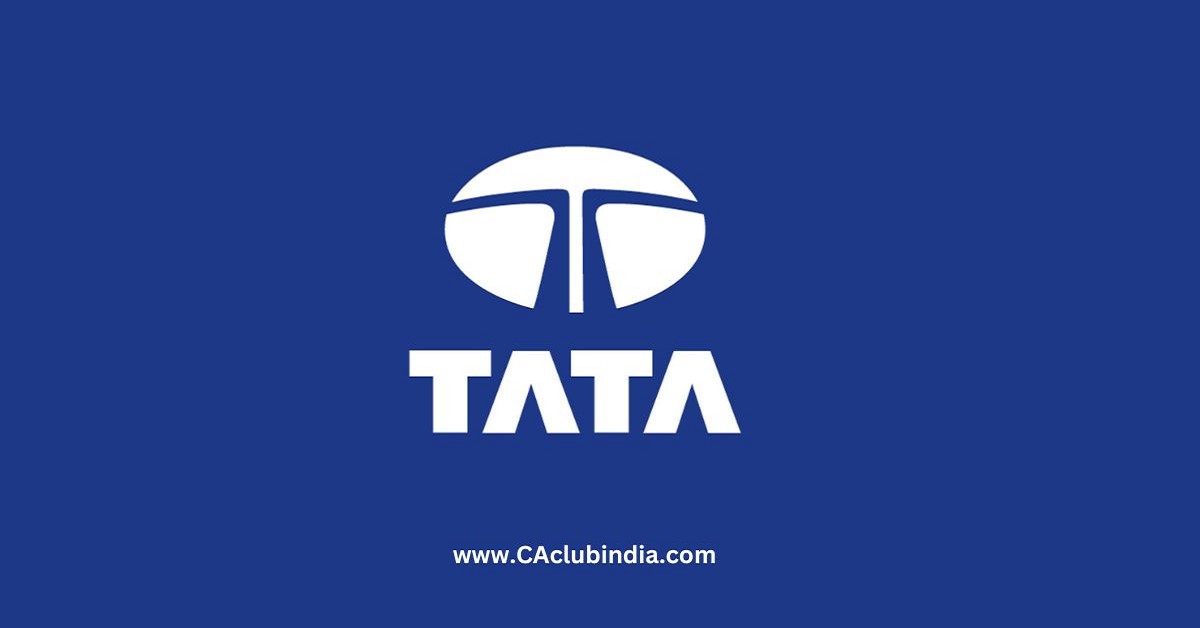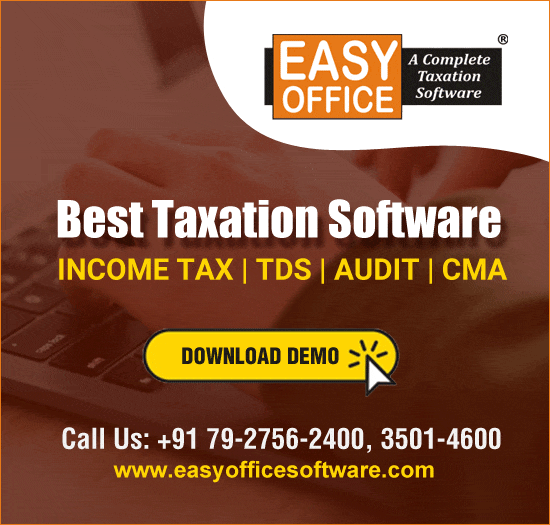In a significant development, the GST adjudicating authority has dismissed a Rs 1,500 crore GST demand imposed on Tata Sons in connection with a settlement payment made to Japan’s NTT Docomo. The case, which dates back to a 2017 arbitration settlement involving Tata Teleservices, was initially raised by the Directorate General of GST Intelligence (DGGI) in 2019. This decision could set a precedent for companies involved in arbitration settlements, though officials have indicated that the GST department may challenge the ruling in the High Court.

Background of the GST Demand
The issue stems from a $1.27 billion payment Tata Sons made to Docomo in 2017, following an international arbitration ruling over a failed telecom joint venture with Tata Teleservices. The DGGI argued that the settlement payment should be subject to an 18% GST under Schedule II of the Central Goods and Services Tax (CGST) Act, which classifies loan payments as services. The tax department contended that Tata Sons, acting as the holding company, was liable for the GST on behalf of Tata Teleservices.
Tata Sons' Defense and Legal Action
Tata Sons, however, disagreed with the tax department’s interpretation and took the case to the Bombay High Court in 2022. The company cited circulars from the Central Board of Indirect Taxes and Customs (CBIC) which clarified that GST should not be levied on liquidated damages. Tata Sons argued that the payment was not for any service provided by Docomo, but rather to settle an arbitration award. Despite these arguments, the High Court permitted the GST department to issue a show-cause notice, prompting Tata Sons to escalate the case to the adjudicating authority.
Adjudicating Authority's Decision
In a recent ruling, the adjudicating authority sided with Tata Sons, dismissing the Rs 1,500 crore GST demand. The decision was based on the company’s argument that the payment to Docomo was made as part of an arbitration settlement, not for services, and should not attract GST. Officials familiar with the matter said that the ruling could influence future arbitration cases and how they are treated under GST law.
Impact on Future Arbitration Cases
This ruling could have far-reaching implications for other companies engaged in arbitration settlements. Legal experts believe that the decision might set a precedent for companies that are navigating similar issues related to tax demands on settlement payments. However, the GST department still has the option to challenge the ruling in the High Court.
Conclusion
The dismissal of the Rs 1,500 crore GST demand marks a significant legal victory for Tata Sons, offering clarity on how settlement payments in arbitration cases should be treated under the GST regime. While the case may continue if the GST department opts to appeal, the ruling could shape the legal landscape for other companies facing similar challenges in India.







 CAclubindia
CAclubindia

